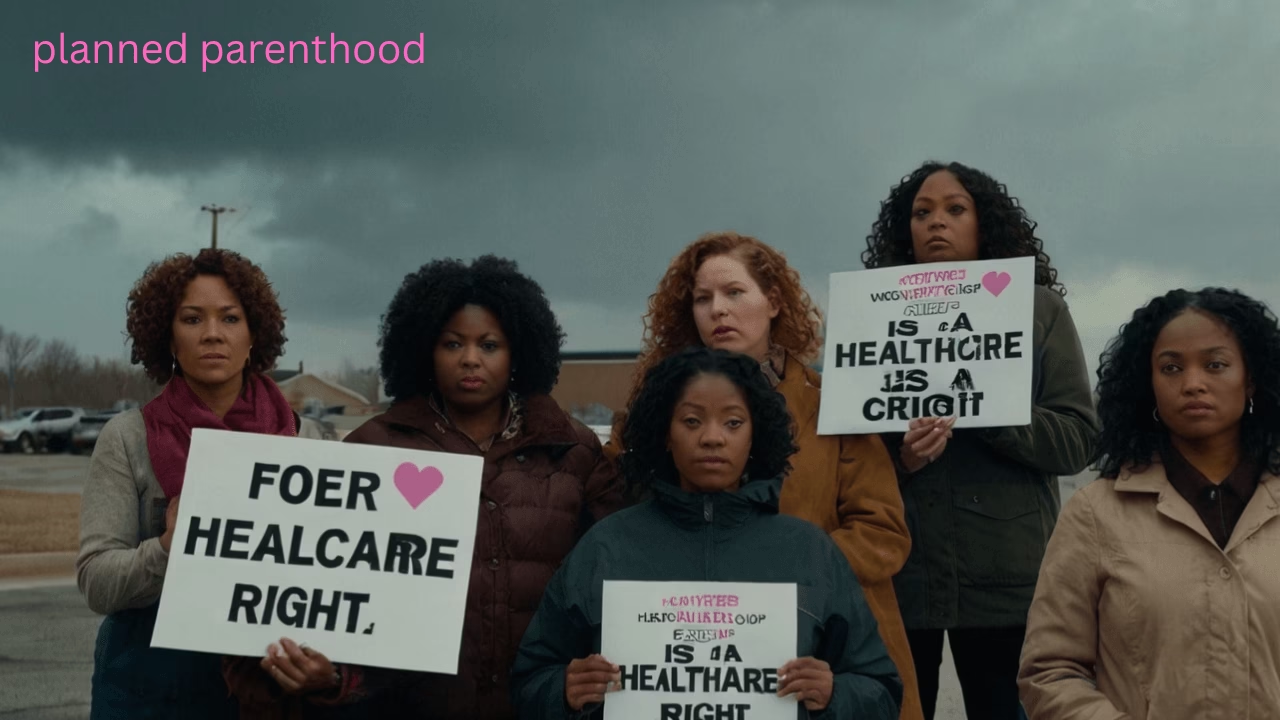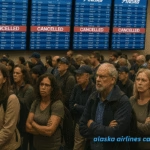In a landmark 6–3 decision on June 26, 2025, the U.S. Supreme Court sided with states like South Carolina, allowing them to exclude Planned Parenthood from their Medicaid programs. In the closely watched case Medina v. Planned Parenthood South Atlantic, the Court determined that Medicaid recipients do not have a personal legal right to sue states over this exclusion
The Ruling That Opens the Floodgates
Justice Neil Gorsuch authoring the majority opinion, emphasized that “Congress did not provide a clear, enforceable right” for individuals under the Medicaid Act. In effect, states can now decide to defund providers—even if care remains federally allowable Justice Ketanji Brown Jackson, joined by Justices Sotomayor and Kagan, strongly disagreed. They warned this opens the door to “denying Medicaid recipients access to contraception, cancer screenings and other vital health services”.
Why It Matters Now
- States like South Carolina are already moving fast: Their 2018 directive aimed to remove Planned Parenthood from Medicaid, citing abortion-related funding even though Medicaid doesn’t cover abortions—only ancillary services. This ruling now confirms they can proceed without legal obstruction
- More states may follow: Republican-led states such as Arkansas, Texas, and Missouri have signaled strong interest in defunding efforts.
- Impact on care access: Over half of Planned Parenthood’s patients rely on Medicaid for essential services like STI testing and birth control—not abortion. Funding cuts could force clinics to close, particularly in underserved rural communities
Final Thoughts: A Fight for Basic Rights
The defunding of Planned Parenthood isn’t just about politics—it’s about real lives. As the U.S. backtracks, nations like Bangladesh prove that investing in women’s health saves futures.
Will America learn in time? Or will more clinics close, leaving millions without care?
The Ripple Effect: Who Suffers the Most?
Low-income women, LGBTQ+ communities, and rural populations will bear the brunt. Many patients have no alternatives—since Planned Parenthood often operates in “healthcare deserts” where other providers refuse to serve.
Dr. Sarah Roberts, a reproductive health specialist, states: –“When Planned Parenthood closes, maternal mortality rates rise. We’ve seen it happen in states like Texas—now, it could go national.”
Clinics Under Pressure
Many Planned Parenthood affiliates are already struggling. For example:
- Illinois announced four clinic closures due to financial strain and escalating patient demand
- Minnesota and Michigan are shutting sites and scaling back in-person services, pivoting toward telehealth to stay afloat
- Nationwide, at least 20 clinics have closed or face imminent shutdown, further squeezing healthcare access in reproductive-health deserts
What’s at Stake
- Reduced access for low-income patients—especially in rural areas.
- Increased travel—patients may need to commute 50–100 miles.
- Telehealth can’t fill all gaps—some services require in-person care.
- Potential ripple effects—Title X and other funding streams may also be targeted
Can This Be Reversed?
The Supreme Court’s decision places the ball in Congress’s court. Only federal legislation can grant Medicaid patients the right to challenge exclusion decisions in court—unless states themselves enact counter protections.
Related Coverage & Resources
- Learn more about how these rulings shape healthcare access nationwide [Republicans target Planned Parenthood clinics – additional reading]
- For background on telehealth’s rising role amid clinic closures [Planned Parenthood shifts services online – additional reading]
Final Take
As the Supreme Court opens the door for more states to defund Planned Parenthood under Medicaid, healthcare equity comes into stark focus. The fight that began in South Carolina could set off a nationwide campaign that reshapes reproductive health access for millions—unless new protections emerge.
Outbound Links:










